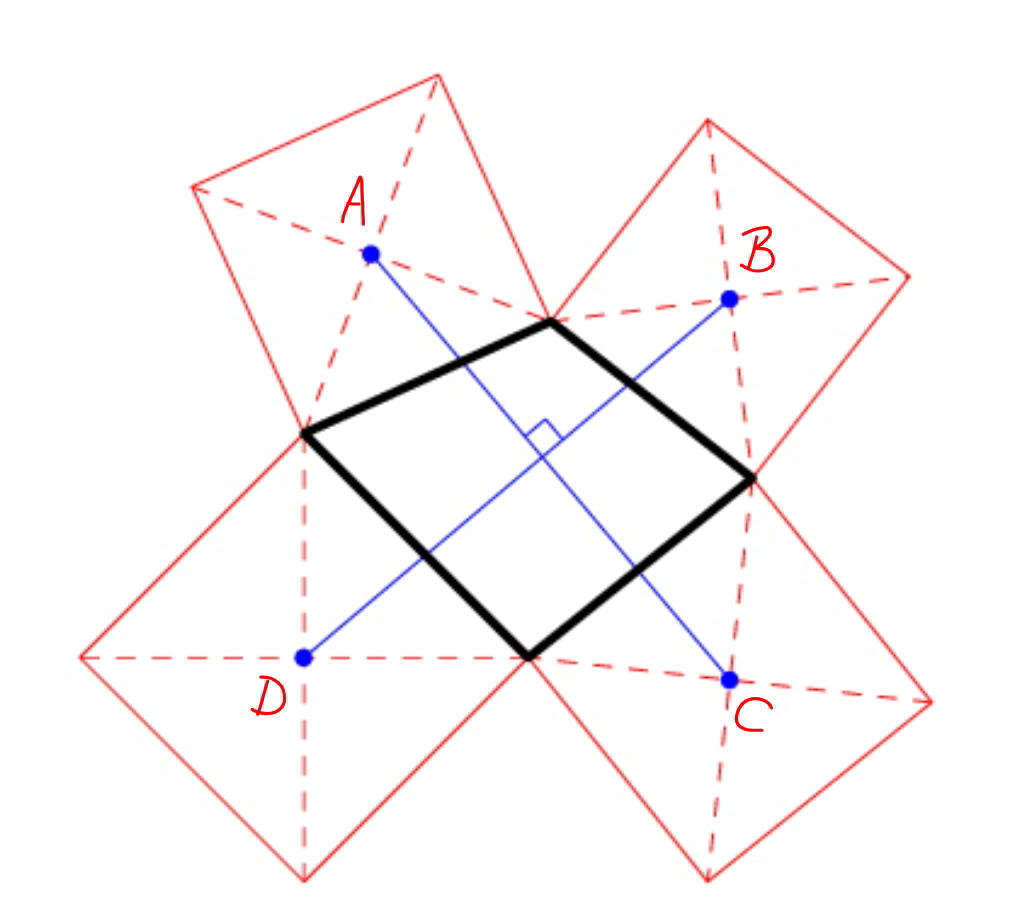
AllQuestion and Answers: Page 1319
Question Number 83202 Answers: 0 Comments: 4
Question Number 95177 Answers: 0 Comments: 7

Question Number 83189 Answers: 0 Comments: 6
Question Number 83188 Answers: 1 Comments: 0
Question Number 83166 Answers: 2 Comments: 2
Question Number 83159 Answers: 1 Comments: 5
Question Number 83156 Answers: 1 Comments: 2
$${find}\:{the}\:{derivtive}\:{of}\:{y}={e}^{\mathrm{cos}\:{x}} \\ $$
Question Number 83149 Answers: 0 Comments: 3
Question Number 83164 Answers: 2 Comments: 2
Question Number 83146 Answers: 2 Comments: 0
Question Number 83145 Answers: 1 Comments: 1
$$\:\underset{\:\mathrm{1}} {\overset{\mathrm{4}} {\int}}\:{e}^{\sqrt{{x}}} \:{dx}\:= \\ $$
Question Number 83144 Answers: 1 Comments: 0
Question Number 83139 Answers: 0 Comments: 0
Question Number 83131 Answers: 0 Comments: 3
$${y}=\boldsymbol{{x}}^{\mathrm{4ln}\:\boldsymbol{{x}}} \\ $$
Question Number 83127 Answers: 1 Comments: 0
Question Number 83123 Answers: 0 Comments: 6
Question Number 83115 Answers: 1 Comments: 1
Question Number 83110 Answers: 0 Comments: 10
$${bounded}\:{by}\:{the}\:{curve}\:{y}=\sqrt{\mathrm{4}-{x}}\:{y}=\mathrm{0}\:{y}=\mathrm{1} \\ $$
Question Number 83109 Answers: 0 Comments: 1
$$\int_{\mathrm{1}/\boldsymbol{{e}}} ^{{e}} \frac{\boldsymbol{{dt}}}{\boldsymbol{{t}}} \\ $$
Question Number 83108 Answers: 1 Comments: 0
Question Number 83104 Answers: 1 Comments: 0
Question Number 83102 Answers: 0 Comments: 3

Question Number 83096 Answers: 0 Comments: 1
Question Number 83095 Answers: 0 Comments: 0
Question Number 83094 Answers: 0 Comments: 0
Question Number 83093 Answers: 0 Comments: 1
Pg 1314 Pg 1315 Pg 1316 Pg 1317 Pg 1318 Pg 1319 Pg 1320 Pg 1321 Pg 1322 Pg 1323
